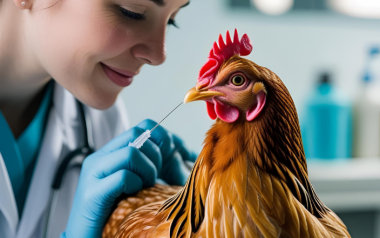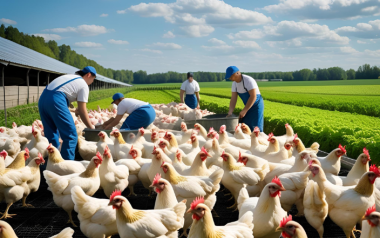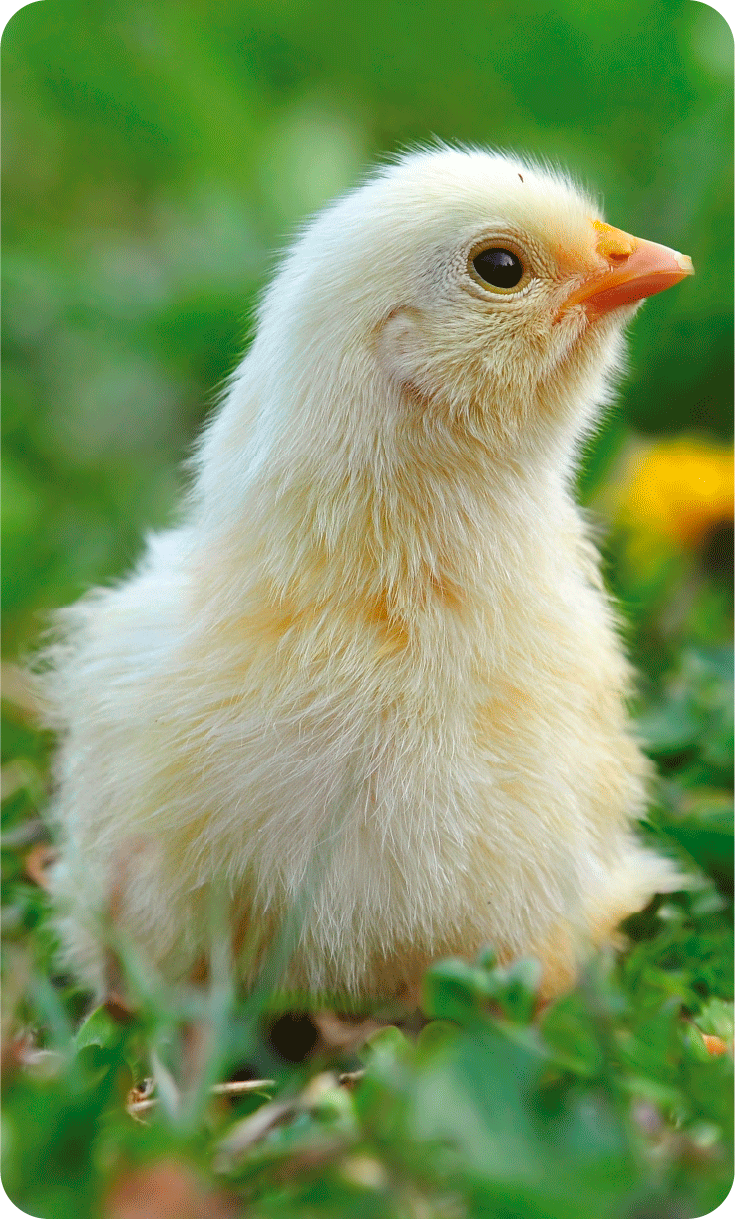Experts said that the whole-genome analysis of the virus showed that H10N3 virus was of avian origin and did not have the ability to effectively infect humans. No human cases of H10N3 have been reported globally, and the H10N3 virus among poultry is low pathogenic to poultry.
03 Jun 2021
First case of avian flu in humans (H10N3) is reported in China
Content available at: العربية (Arabic)The Chinese National Health Commission (NHC) informed on June 1st that in the province of Jiangsu, […]
Available in other languages:
Content available at:
العربية (Arabic)
The Chinese National Health Commission (NHC) informed on June 1st that in the province of Jiangsu, a 41-year-old man tested positive for avian influenza. The patient, who lives in Zhenjiang, Jiangsu, presented with fever and other symptoms that led him, due to exacerbations, to attend a hospital for medical treatment.
The agency reported that the patient is currently stable and met the requirements for discharge. On May 28th, the Chinese Center for Disease Control and Prevention conducted a whole-genome sequence determination of the patient specimens sent from Jiangsu Province, and the result was positive for H10N3 virus.
The National Health Commission has instructed Jiangsu Province to carry out prevention and control in accordance with relevant plans and organized expert risk assessments.
According to the Chinese Health Commission, there is no evidence of human-to-human transmission in the Jiangsu Province and the large-scale spread of epidemic risk is extremely low.
The World Health Organization said, “as long as avian influenza viruses circulate in poultry, sporadic infection of avian influenza in humans is not surprising, which is a vivid reminder that the threat of an influenza pandemic is persistent.”
Reuters detailed that the strain is “not a very common virus,” and only around 160 isolates of the virus were reported in the 40 years prior to 2018, according to Filip Claes, regional laboratory coordinator of the FAO’s Emergency Centre for Transboundary Animal Diseases at the regional office for Asia and the Pacific.
Experts suggest that the public avoid contact with sick or dead poultry in their daily lives, and try to avoid direct contact with live birds; pay attention to food hygiene, and improve self-protection awareness.
TO CONTINUE READING REGISTER IT IS COMPLETELY FREE
Access to articles in PDF
Keep up to date with our newsletters
Receive the magazine for free in digital version
REGISTRATION
ACCESS
YOUR ACCOUNT
LOGIN
Lost your password?








































